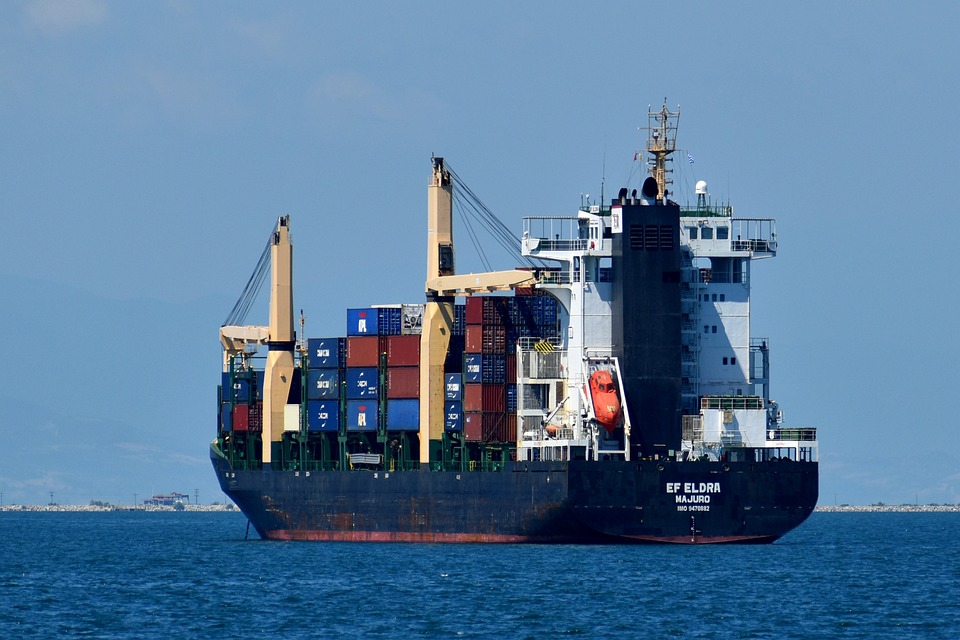
enteredExport agentWhat is the difference from self - managed export?
enteredExport agentThe essence isEntrusted to handle the manufacturing process, there are three core differences from self-operated exports:
- Legal Entity: The agent conducts business in the name of the principal, while self-operation is carried out in its own name.
- Risk Undertaking: The agency company only bears operational risks, while self-operation assumes all trade risks.
- Fund flow: Under the agency model, payments go directly into the principal's account, while the self-operation model involves a fund turnover process.
<
What specific services can a professional agency provide?
Mainstream agency services have been established by 2025End-to-end solutionsand including:
- Basic services:
- customs clearanceInspection application (including adaptation to the HS code changes newly implemented in 2025)
- International transportation solution design
- Trade Document Preparation and Review
- Value - added services:
- Export tax refundExpress Channel (Fastest in 15 working days)
- Cross-border Payment and Settlement Solutions
- AEO Certification Guidance (Especially Applicable to Trade with RCEP Member Countries)
How much more can you save by hiring an agency compared to doing it yourself?
Professional agents can help reduce costs.Comprehensive operating costs: 20-35%, mainly reflected in:
- Logistics cost optimization: Leveraging economies of scale can reduce ocean freight costs by 8-12%.
- Demurrage fee reduction: Professional customs clearance team reduces port detention by over 60%.
- Tax cost savings: Customs data from 2023 shows that the tax refund realization rate for professional agents is 27% higher than that for self-declaration.
What new changes should be considered when selecting an agency in 2025?
Three policy trends require special attention:
- Digital Customs Declaration Requirements: China's "Single Window" System to Mandate ERP Data Integration by 2025
- Green Trade Clause: Major Ports Begin Imposing Carbon Emission Surcharges
- Regional Trade Agreement: Implementation of RCEP Rules of Origin Enters Phase Two
How to evaluate the actual service capabilities of an agency company?
Proposal to passThree-dimensional verification methodEvaluation:
- Certification Verification: Check Customs AEO Certification and International Freight Forwarding Qualification (FIATA)
- Case Verification: Provide operational cases of the same category from the past 3 months.
- System verification: Confirm the presence of a customs declaration system directly connected to customs (not a third-party platform).
What specific items are included in agency fees?
The composition of agency fees in 2025 presentsModular pricingFeatures:
- Basic service fee: Typically charged per ticket (200-800 RMB/ticket)
- Capital Service Fee: Covers the capital cost related to tax advances (approximately 0.3% per day).
- Risk Surcharge: Additional security fees for special commodities or trade in sensitive regions.
What responsibilities does an agency bear in the event of a trade dispute?
It should be notedDefinition of Responsibility Boundaries:
- Operational error: In case of fines incurred due to customs declaration errors, the agent shall bear full compensation.
- Commercial Risk: The agent shall not be held liable if the buyer refuses to accept the goods.
- Document Defects: The agent is responsible for the formal compliance of the documents, while the substantive content is the responsibility of the principal.
What kind of new agency services does cross-border e-commerce require?
In 2025, cross-border e-commerce agencies will emergeThe trend of three modernizations:
- Fragmented customs clearance: Supports small-batch, high-frequency declarations.
- Data-driven Collaboration: Direct API Integration with E-commerce Platforms
- Compliance Operation: Specifically Strengthening Pre-Check Services for Intellectual Property Rights


 Follow Customer Service WeChat
Follow Customer Service WeChat